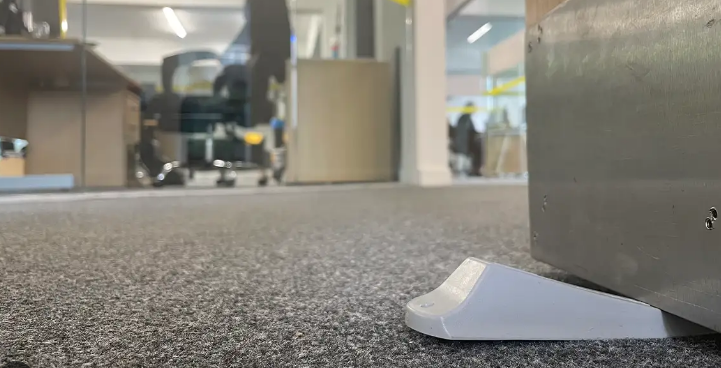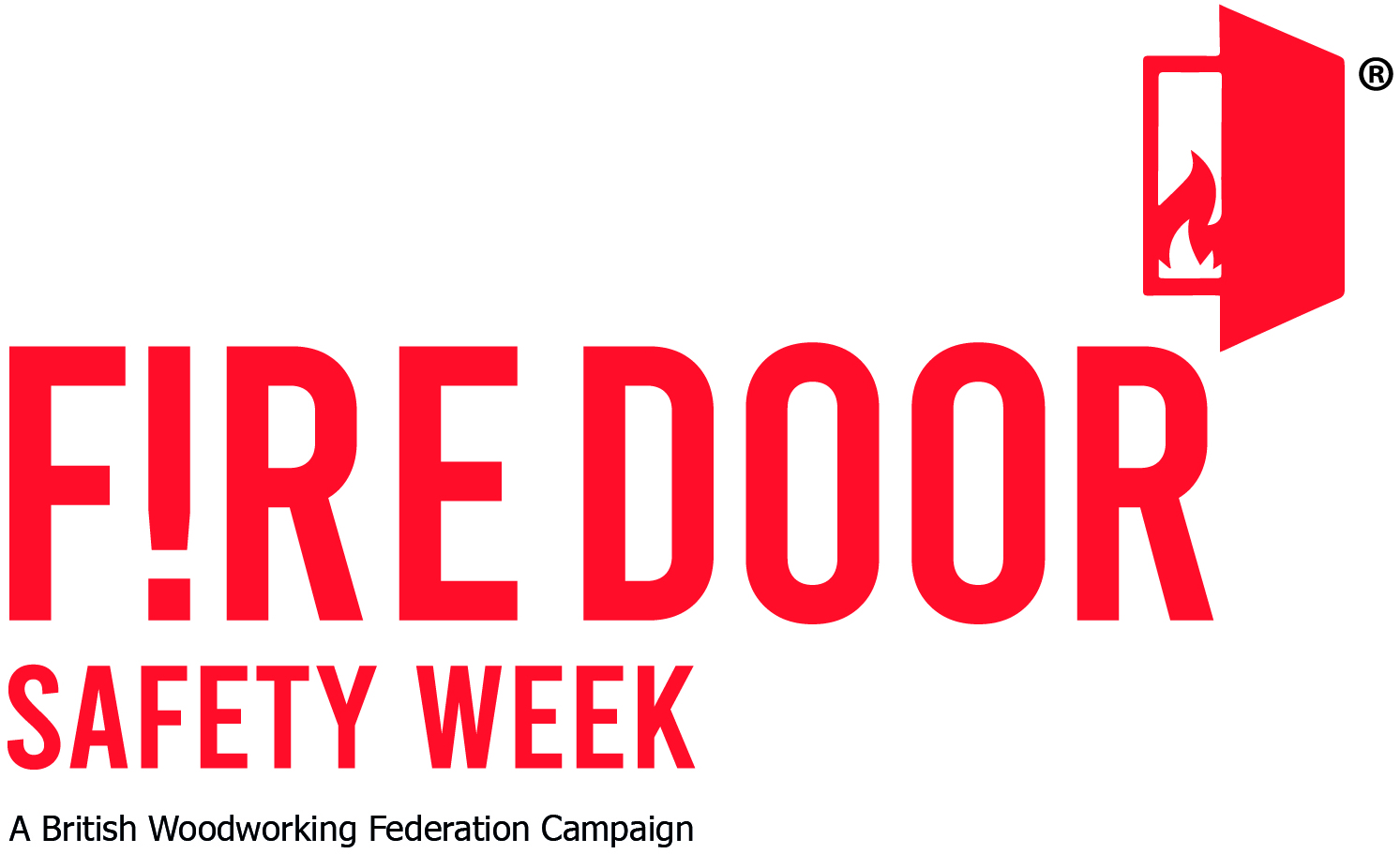Workplace fire door concerns exposed as e-scooter charging increases risk

- Nearly half of people (46%) have spotted fire door problems in their workplace
- 1 in 5 people charge e-bikes/e-scooters at work
- Only 13% report workplace fire door faults – despite widespread problems
- 1 in 10 people have experienced or know someone who experienced a lithium-ion battery fire
The British Woodworking Federation (BWF) is warning that the surge in lithium-ion battery fires from e-bikes and e-scooters – combined with poor fire door maintenance – could put lives and property at risk across the UK.
New research, carried out by BWF to mark its Fire Door Safety Week campaign – ‘Fire Travels Fast’ – has revealed a sharp rise in public concern about the fire risks posed by lithium-ion batteries, particularly those found in e-bikes and e-scooters, with over half (59%) of owners saying their fire risk fears have grown since getting one.
The findings come as a recent FOI request from QBE Insurance Group revealed a 93% increase in lithium-ion battery fires between 2022 and 2024, with e-bikes and e-scooters among the most common causes.
While media focus has largely been on domestic fires, the BWF’s research highlights that 19% of people charge e-bikes or e-scooters at work and 12% do so in public leisure facilities such as cafés, pubs, libraries or leisure centres.
Many employers have introduced facilities for e-bikes and e-scooters – such as indoor parking (31%), charging points (59%) and secure storage (27%) – yet nearly half of respondents (46%) had spotted problems with workplace fire doors, raising the question whether employers are putting the same attention and investment into ensuring fire doors are properly installed and maintained to minimise risk to life.
Issues ranged from fire doors being propped open (18%) and blocked (13%) to having faulty closers (10%) or faulty hinges (10%). Yet just 13% admit to having reported fire door faults in the workplace.
Helen Hewitt, CEO of the British Woodworking Federation, said: “The findings highlight the essential role of fire doors in containing fires and protecting lives, while also exposing concerning gaps in awareness, maintenance and reporting. Fire doors are a critical line of defence, slowing the spread of fire and smoke to give people extra time to escape – time that is even more critical when dealing with the intense heat and speed of fires caused by lithium-ion batteries.”
Similarly, schools, colleges and universities have expanded storage and charging provision for e-bikes and e-scooters – and encouragingly, 39% of institutions have educated students on safe storage and dangers of charging. Despite this, of the 40% of students reported spotting issues with fire doors on campus, only 6% had ever reported a problem.
Helen Hewitt added: “We all have a role to play in spotting and reporting problems with fire doors and taking immediate action to protect lives and property. Fire Door Safety Week is an essential reminder that correctly installed, well-maintained fire doors save lives – but only if we all take responsibility for ensuring they can do their job.”
London Fire Brigade Deputy Assistant Commissioner Richard Field said: “Workplaces need to treat lithium battery fires with the same seriousness as they would in the home. Fires involving e-bikes and e-scooters can erupt suddenly and spread with alarming speed, producing intense heat and toxic smoke in seconds.
“E-bikes and e-scooters are one of London’s fastest-growing fire risks. Since the beginning of 2023, there has been a fire, on average, every other day involving an e-bike or e-scooter.
“We’re urging people never to store or charge e-bikes or e-scooters in hallways, stairwells or escape routes. If possible, keep them outdoors in a garage or shed. If you must keep one indoors, always place it in a room away from your main exit, so that if a fire does break out, you can close the door and get everyone to safety.
“Fire doors are a vital line of defence. When properly maintained and kept closed, they hold back flames and toxic smoke, giving you valuable extra minutes to escape while firefighters respond.
“Employers have a responsibility to make sure fire doors are well-maintained, kept closed, and that any charging points are safely managed.”
